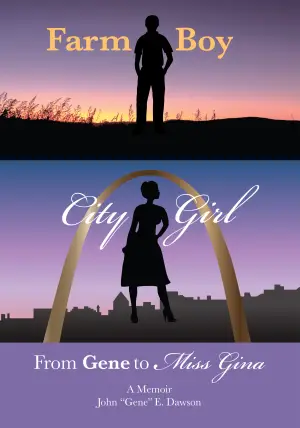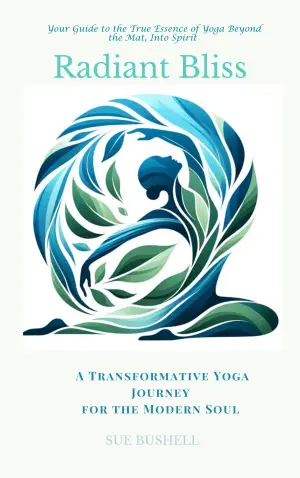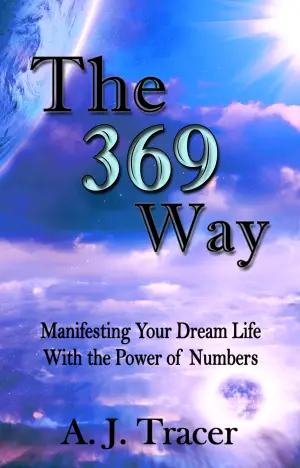Rethinking Ugly Love: A Reread Reflection
I wasn’t sure what to expect when I picked up Colleen Hoover’s Ugly Love for a reread. This book once captured my heart and left me swooning over its electric tension and emotional depth. But here I am, staring at a 1.75-star rating and wondering where my love for this story went awry. It’s a bit awkward, I know—this is a beloved CoHo book after all—but my reading tastes have evolved, and so have my standards.
Ugly Love follows the complex dynamics between Tate, a fiercely independent woman, and Miles, her brother’s best friend who also happens to be a handsome airline pilot. Their relationship starts off as a friends-with-benefits scenario, with Miles’s past looming large over their interactions. Despite his clear rules, it’s evident that Tate is a bit smitten, hoping Miles will eventually change his mind. Yet, I found myself wrestling with the story, wrestling with the characters, and at times, wrestling with my own patience.
One of my main gripes lies with Miles’s perspective—much of his narrative revolves around his undying love for Rachel, his past girlfriend, leaving Tate feeling like the second choice. It’s frustrating to see Tate, a character I initially admired, so often portrayed as a doormat, constantly forgiving Miles for his aloofness. At times, the repetitive nature of their interactions felt like a loop I couldn’t escape: they connect, he pulls away, she forgives—rinse and repeat. Admittedly, my threshold for angst is lower now, and I couldn’t help but yearn for moments of real growth and resolution.
Hoover’s writing, while emotional and captivating, feels imbalanced here. The prose evoked strong feelings, especially during intimate scenes, where the longing and tension spring to life. Yet, I became increasingly frustrated when Tate struggled to reclaim her agency, leading me to scream internally (okay, maybe also externally) at her choices.
I’ll forever remember the infamous moment when Miles calls out Rachel’s name during a passionate scene with Tate—a crushing blow that left me utterly speechless. That moment gripped my heart with a vice-like hold, highlighting the persistent shadow Rachel casts over their affair. It’s shocking moments like this that make me wonder why I once revered this book; I barely recognized the naivety of my past self.
In retrospect, despite the emotional highs and lows, I can still appreciate the underlying themes of love, loss, and the messiness of human relationships. The “ugly love” concept rings true, demonstrating that love isn’t always beautiful or perfect. There’s a rawness to Hoover’s storytelling that will resonate with many readers—those who cherish emotional turmoil and possess a higher tolerance for flawed characters.
Ultimately, if you’re a fan of stories that delve into the complexities of romance and are willing to embrace a challenging narrative, Ugly Love might still speak to you. For now, I’ll tuck it away and remember it fondly, even as I grapple with mixed feelings. Despite the irritation, this book served as a timely reminder of how our tastes evolve, and sometimes, it’s just okay to admit that things aren’t what they once seemed.
So here’s to giving ourselves permission to change—and to embracing the journey that comes with rereading our beloved books!













